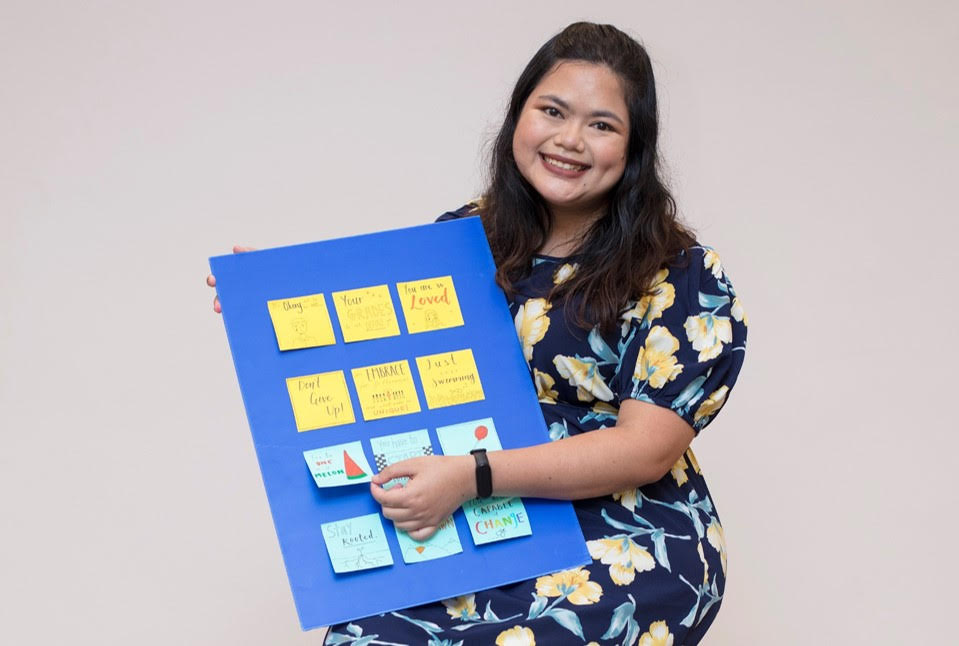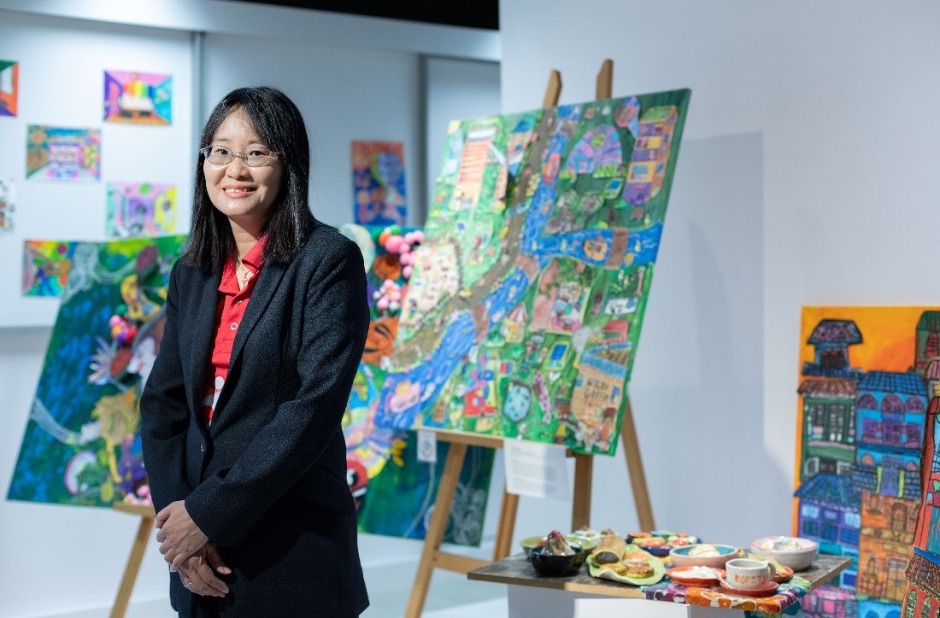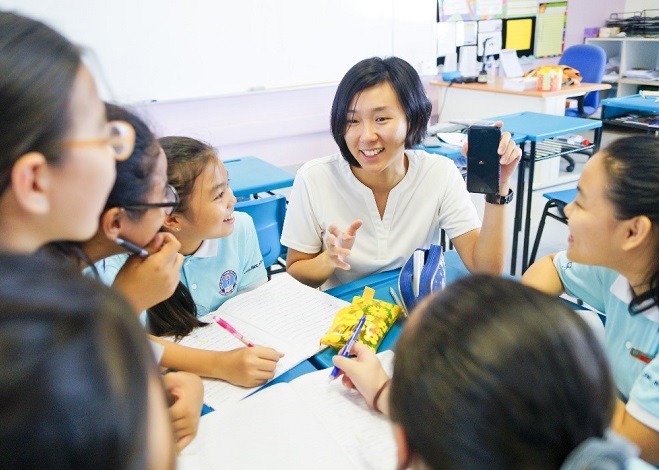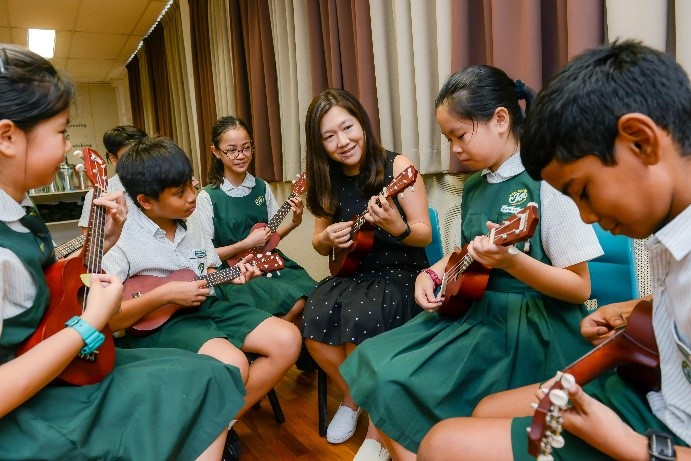Rachel Jie Rui Louis, Anglo-Chinese School (Barker Road), Outstanding Youth in Education Award 2021 Finalist
“Madam, the animals from Animal Farm just replied my email. It’s really from you, right?”, my students asked me.
I denied my involvement and insisted that the animals from George Orwell’s classic novel were the ones who thanked my students for warning them about the book’s antagonist, Napoleon. My students then assumed other teachers were involved, continued the conversations on the email chat I created, and were extremely amused every time they received a reply. I in turn took great joy in secretly role-playing the novel’s horses, chickens and cows.
I view each of my literature lessons as a unique puzzle, constantly asking myself how I can interest my students and make them excited to learn. Once I find something that works, I keep it in my ‘bag of tricks’ and pull it out again when the time calls for it.
Poetry is particularly challenging for some students. I usually bring the poems to life through music and film, but this year, I decided to try something different. We read “40-Love” by Roger McGough, a poem about how a couple’s tennis game mirrors and symbolises their distant relationship. I asked my students to work in teams to perform the poem. They had to demonstrate their understanding of their poem through their physical presentation of it.
The idea indeed worked well. One group had a member move a step away from another after each additional word was read, to show the growing rift between the couple in the poem. Another group had one of their members stand in between the other two, acting as the net between them, while the other two members tossed a paper ball back and forth while reading the poem. These visual representations were a fun way for me to assess their understanding of the poem and showcased each group’s unique perspectives at the same time.
Capitalising on Full HBL
When Full Home-Based Learning (FHBL) was announced in April 2020, I knew that I had to start searching for ways to teach effectively from a distance and I discovered a myriad of online tools and platforms.
One of the more memorable ones was an online platform called Flipgrid that allows students to post videos of themselves, and ‘like’ or comment on one another’s posts. I asked each of them to record a vlog as one of the characters in a play we were studying at that time. As an example, I video-recorded myself as a teenage boy in the play. To get into character, I donned a windbreaker, put on a cap backwards and mustered as much ‘swag’ as I could in front of the camera. My students were entertained and likely embarrassed for me at the same time. Truthfully, I had no qualms looking silly and putting myself out there if it motivated my students to do the same. This assignment brought out a different side to my students, because to my pleasant surprise, even the quieter, more introverted students suddenly became ‘vlogging’ superstars.
Through role-playing as the character, students were able to demonstrate both their understanding of the character and the relationship between the character and his mother. Usually, this understanding would be expressed through writing. However, using Flipgrid instead allowed students who were less confident in writing to express their understanding through a more intuitive medium.
This is something I would have never attempted if not for FHBL, but now, I look forward to including it regularly as online learning becomes normalised in the curriculum.
A Positive Voice
Beyond delivering interesting and effective lessons, I also want my students to grow in their self-belief. My goal is to be a positive voice in each of my students’ lives and help them recognise their own value. One way I do this is writing little notes of affirmation, be it a sticky note to wish them luck for a competition, or a card on their birthday. At the end of each academic year, I would write a note for every student I taught that year to tell them what I appreciated about them, so that each of them knows that there is something about them that I value.
In 2019, a colleague and I started an Instagram page: @thingsourboysforget. We were inspired by a blog called ‘Things We Forget’, which showcases inspiring sticky notes left in public places, and thought it would be a simple but meaningful way to spread positivity in our school
We wrote and illustrated sticky notes with uplifting quotes and pasted them at various locations around the school. Our students would look for them and if they find a note, they would get to keep it. Our students were seen to be taking ownership of it by suggesting affirming quotes or designing their own notes. To our pleasant surprise, teachers from other schools started following the Instagram page, and some also expressed how the quotes we posted resonated with them as well.
My bag of tricks goes beyond making Literature an enjoyable experience for my students. It is also about finding different ways to show them that they are not alone, and that someone believes in them.






